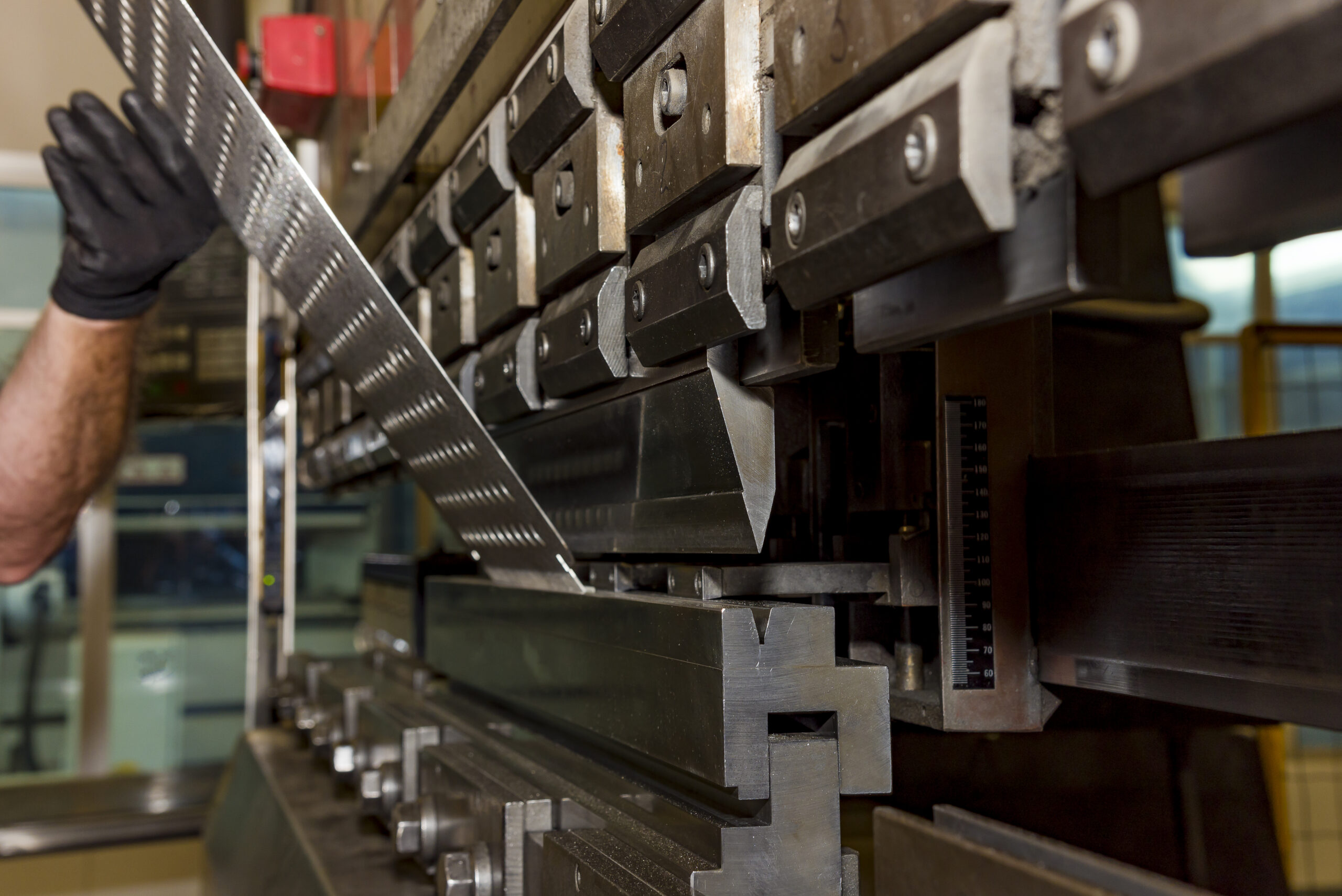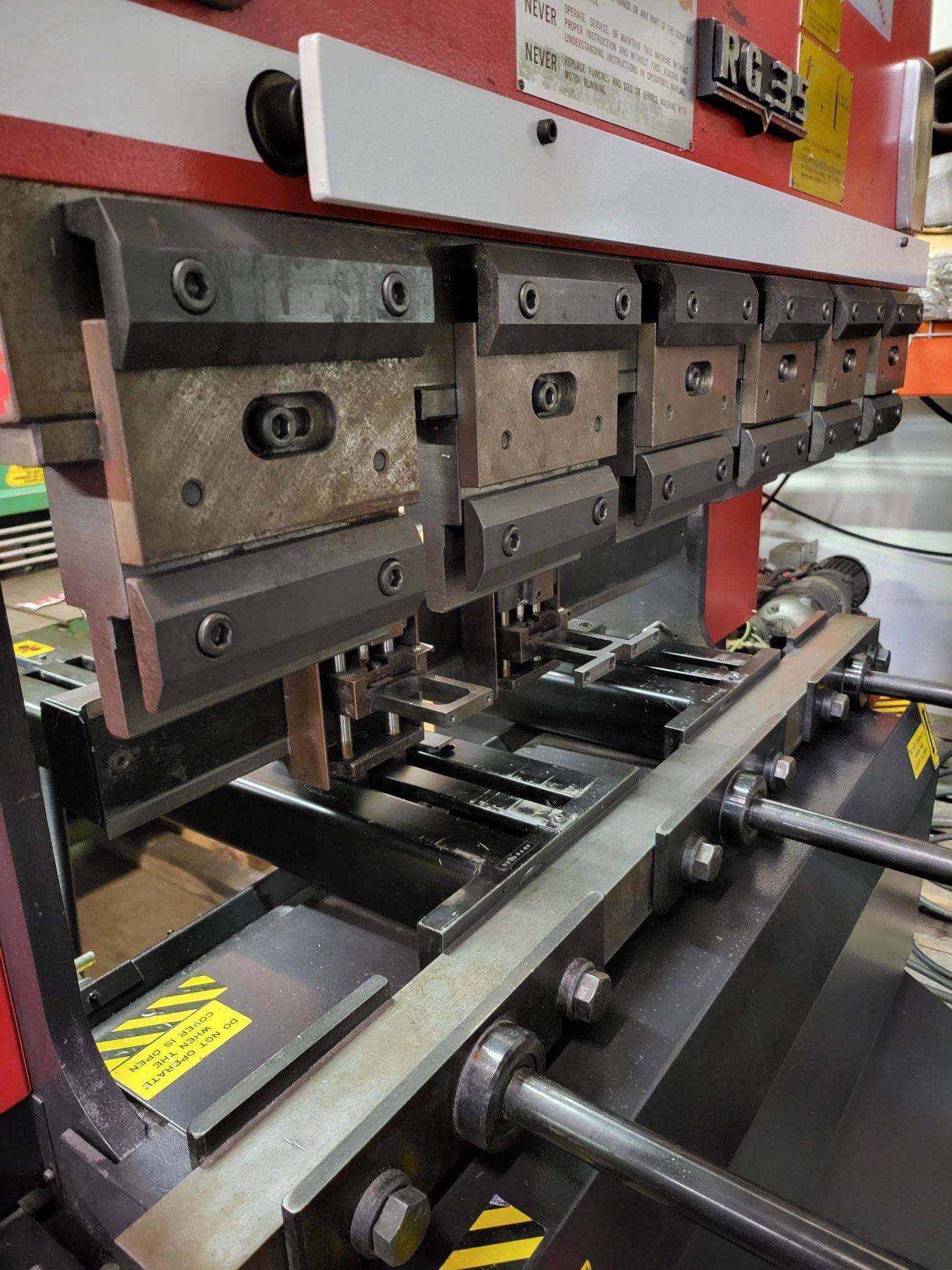 When it comes to the durability and success of fabrication projects, the type of metal you choose has a pivotal role. Whether your goal is to construct industrial components, craft intricate details, or create sturdy architectural elements, selecting the right type of metal is crucial.
When it comes to the durability and success of fabrication projects, the type of metal you choose has a pivotal role. Whether your goal is to construct industrial components, craft intricate details, or create sturdy architectural elements, selecting the right type of metal is crucial.
With a wide array of material options at your fingertips, each with its own unique characteristics and properties, it’s essential to understand the nuances of each type of metal to achieve optimal results. In this helpful guide, we’ll discuss various metals commonly used in the world of fabrication, helping you make informed decisions for your next metalworking endeavor.
Steel
Steel’s versatility has led it to become one of the most widely used metals in fabrication. This type of metal is renowned for its durability, affordability, and strength, making it a favorite among manufacturers across various industries.
Due to steel’s malleability and ability to be welded, machined, and formed, it’s an ideal choice for a wide range of applications, from automotive components to structural beams. Plus, it has inherent corrosion-resistant properties, which can be enhanced through galvanization or coating, ensuring this type of metal can withstand exposure to even the harshest elements.
Aluminum
The lightweight nature of aluminum, combined with its outstanding strength-to-weight ratio, makes this type of metal a popular choice for instances where weight reduction is paramount. From consumer electronics to aerospace components, aluminum’s excellent thermal conductivity and resistance to corrosion make it an appealing choice.
Fabrication professionals often prefer this type of metal due to its ease of machining and forming, which allows for precise detailing and intricate designs. However, when selecting the right type of metal for load-bearing structures, it’s important to keep in mind that aluminum has a lower tensile strength than steel.
Stainless Steel
In situations where corrosion resistance is paramount, stainless steel is many fabricators’ material of choice. This alloy is mainly composed of iron and chromium, along with other elements. While this type of metal may be more expensive than others, its durability and longevity often justify the investment.
Stainless steel’s exceptional resistance to corrosion, staining, and rust makes it ideal for chemical, marine, and food processing applications. Its ability to withstand high temperatures, low maintenance requirements, and aesthetic appeal further contribute to its popularity.
Copper
Copper, with its distinctive red-orange hue and excellent conductive properties, has been a sought-after material in both decorative and electrical applications for hundreds of years. Because of its electrical and thermal conductivity, copper is an indispensable material in various industries, from plumbing to roofing to electrical wiring. Although this type of metal may come with a higher initial cost than other materials, its long-term benefits, including recyclability, durability, and aesthetic appeal, make it a worthwhile investment.
Brass
For many fabrication professionals, brass represents the perfect blend of durability and beauty. As an alloy of zinc and copper, brass offers a unique combination of aesthetics, machinability, and corrosion resistance. It’s known for its ease of casting and machining, which allows fabricators to create intricate designs and fine details.
This type of metal is often used for decorative hardware, jewelry, architectural accents, and musical instruments due to its warm golden hue and ability to be polished to a mirror-like finish. While brass may tarnish or develop a patina over time, this only enhances its allure — many people appreciate its classic elegance and ability to age gracefully.
Choosing the Right Type of Metal
As you choose the ideal type of metal for your next fabrication project, it’s essential to consider factors such as corrosion resistance, aesthetic appeal, mechanical properties, and cost-effectiveness. Additionally, fully understanding the specific requirements and environmental conditions your product will encounter is crucial in making an informed decision. By carefully evaluating each type of metal’s unique characteristics and weighing their suitability for your project, you can ensure your fabrication endeavors are successful and long-lasting.
 Metal Fabrication Equipment from Sanson Machinery
Metal Fabrication Equipment from Sanson Machinery
There’s a myriad of material options available, with each type of metal offering its own set of advantages and considerations. Whether you require strength, conductivity, corrosion resistance, or aesthetic appeal, there’s a metal out there perfectly suited to meet your needs.
What good are the perfect materials if you don’t have the right tools to shape them into the desired result? At Sanson Machinery, we are experts in the world of metal fabrication. When you opt for our exceptional metal fabrication equipment, you’re ensuring exceptional results that will stand the test of time. Contact us today to learn more about what we have to offer.
